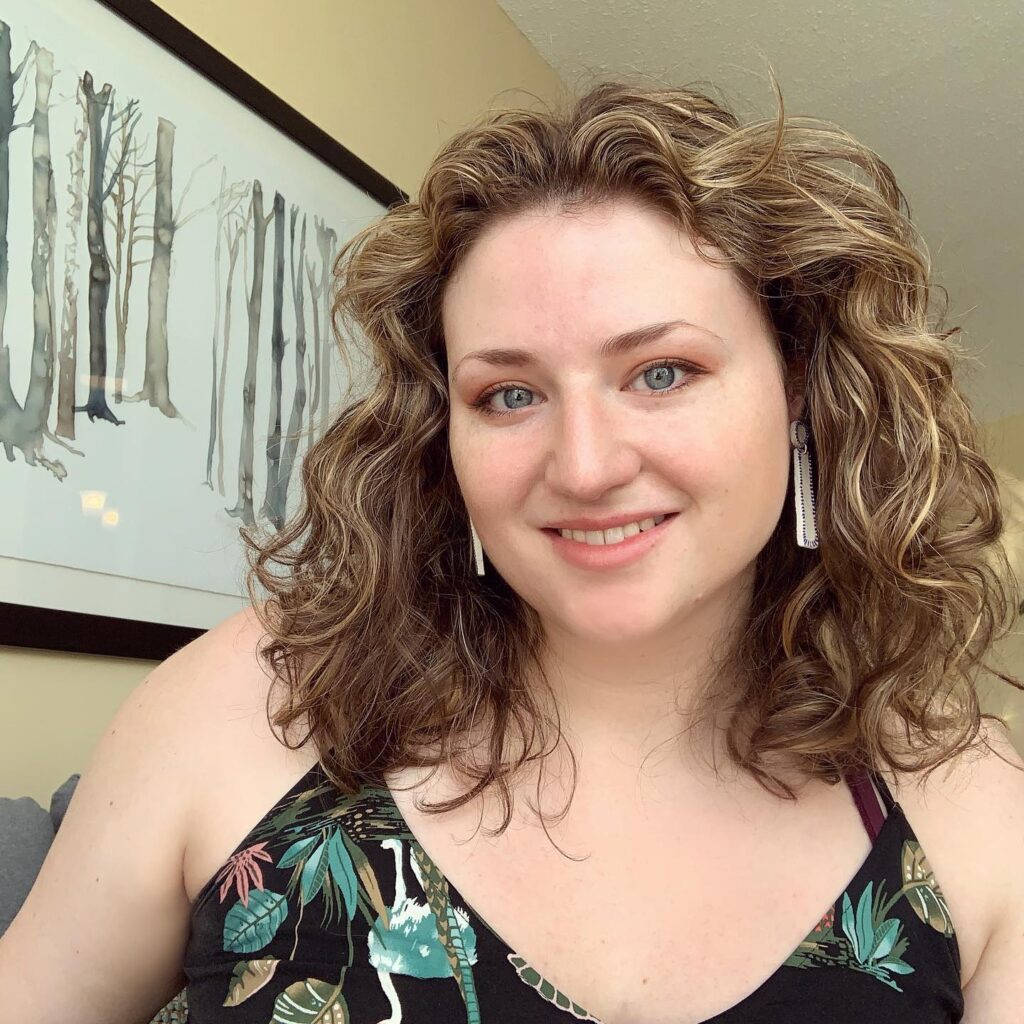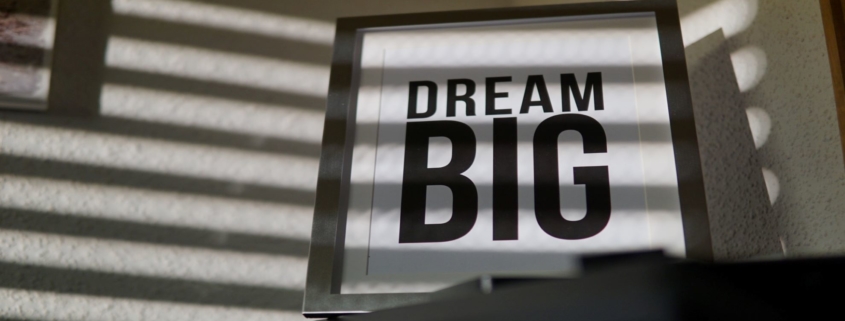Meet NAIT Student Karen Collis

Because we are passionate about court reporting and its crucial role in the legal industry, we have long supported NAIT and their excellent Captioning and Court Reporting program. Leanne Kowalyk, realtime court reporter and director of court reporting, will be speaking to NAIT students on February 15th about her experiences and career, and she also managed to interview a current student about their experience with the program.
What drew you to the industry of court reporting and brought you to the Captioning and Court Reporting program at NAIT in the first place?
My mom has been in the industry for over 40 years, so I’ve been surrounded by court reporters my entire life. To be honest, I had no interest in pursuing it myself. It wasn’t until my sister decided to go to NAIT for Captioning and Court Reporting that it became a possibility. At some point I started scoping for them and saw how fun of a job it was. I saw how every day is different and how there are always opportunities to learn something new. I decided to take the A to Z program, and the rest is history. I’ve been loving learning this new skill and can’t wait to start.
What is your dream job within the industry that you hope to work towards?
I think once I’ve built up my experience and have confidence in my writing ability, I would love to do court work. I’ve always had an interest in criminal cases and true crime, so knowing I’m in an industry that could get me in the room is super cool. One of the reasons I knew court reporting was something I would love to do is because you get to help people. Everyone deserves their voice to be heard and their day in court. Having the ability to be that neutral party in the room that writes it all down would be amazing.
Which part of the program have you enjoyed the most so far?
I loved our law classes with Janice Plomp. I had a general curiosity and a very basic understanding of our law system going into the class from high school. It is so beneficial to know what someone is talking about within a dictation. It was a great opportunity to hear some incredible stories from Janice. Hopefully, one day I can use my knowledge from that class to avoid jury duty!
Conversely, what has been the most challenging piece of reporting school, and how did you overcome it?
The transition from theory into speed-building was probably the hardest thing to overcome. I put so much time into practicing theory, but it wasn’t clicking for me as fast as I had hoped it would. Then suddenly I had to switch my practice from drills to trusting that the theory was there. Those first few speed tests were terrifying.
The amount of pressure I put on myself to do well did not help me to do well. It took me a few months to calm down and trust that I knew what I was doing.
What is the best piece of advice you’ve been given along your journey?
Much like when I was younger, I continue to be surrounded by court reporters, and they are always so quick to share tips and tricks to get through the program. One that stands out is that each test is an opportunity. An opportunity to learn new vocabulary, new briefs and new ways to write. It helped change the way I looked at tests. Whenever I failed one — which continues to be quite often — it was crushing. I put so much onto those tests that when I failed, it was a direct reflection of myself. Once I was able to find the positives in every opportunity, a failure meant another chance to learn more.
What advice do you have for anyone looking for a new career?
Don’t think about how long it takes to get into a new career. My granny gave the best advice about this. When my uncle wanted to go back to university for teaching, he said he would be 30 years old by the time he graduated. In response she said, either way you’ll turn 30; it’s up to you if you turn 30 with a degree or without one. This is something that I’ve applied to all aspects of my life. I’m going to be turning 28 in March, and even though I’m one year past when I was hoping to graduate, I’m always going to be ahead of the version of myself that chose not to go back to school. The best thing to do is to change your perspective and take the plunge.



